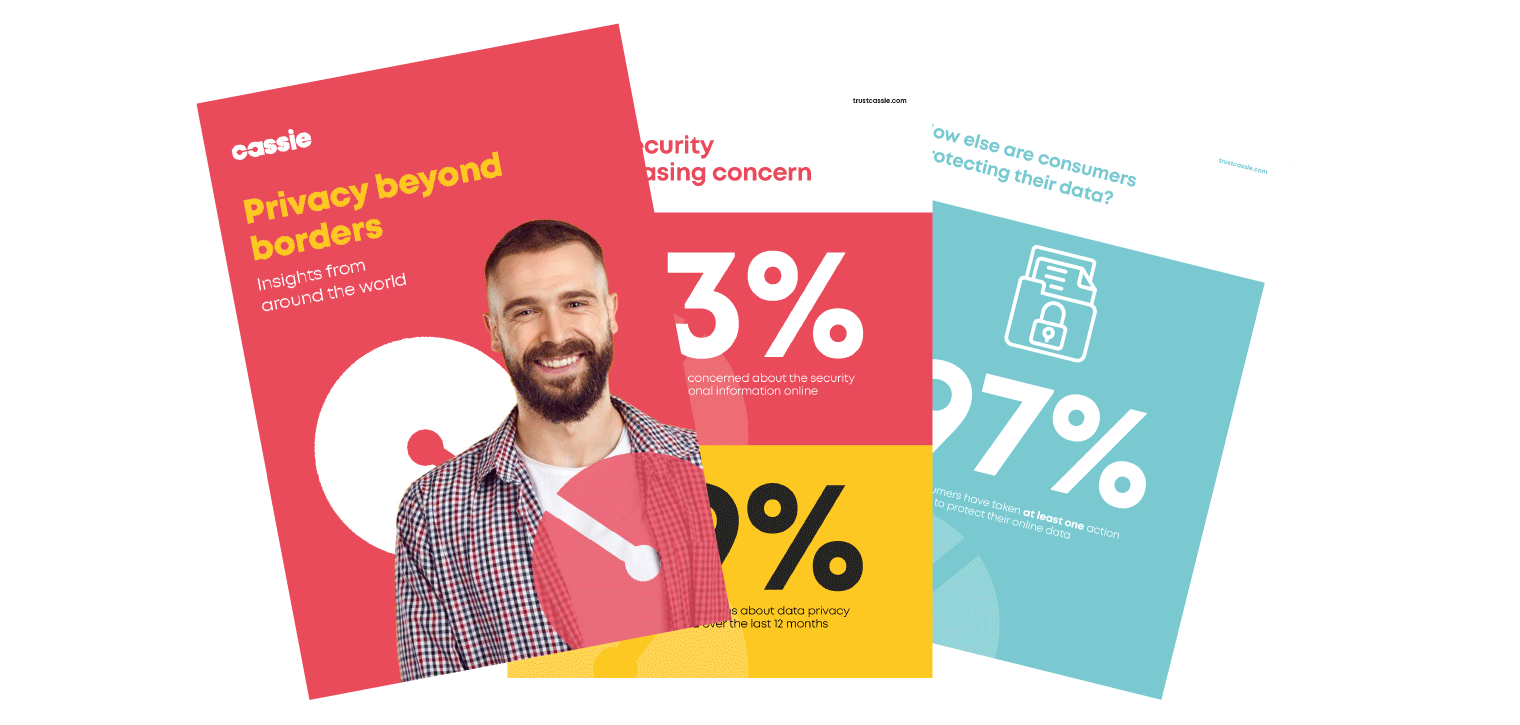Canada steps up Global Privacy cooperation
Posted: May 3, 2024
The Office of the Privacy Commissioner of Canada (OPC) has taken a significant step forward by joining the Global Cooperation Agreements for Privacy Enforcement (Global CAPE). This move not only emphasizes Canada’s commitment to safeguarding digital privacy but also aligns with the broader international efforts in this domain.
The Global CAPE, established in 2023 by the Global Cross-Border Privacy Rules Forum (Global CBPR), serves as a voluntary platform facilitating cross-border cooperation among participating authorities in matters of data protection and privacy enforcement. Through this arrangement, countries can collaborate on various aspects, including evidence collection, information sharing, enforcement actions, and complaint transfers across jurisdictions.
Canada’s participation in the Global CAPE is integral to its membership in the Global CBPR Forum, a pivotal initiative aimed at promoting the free flow of data while upholding stringent privacy standards. The Global CBPR Forum, established via the 2022 Global CBPR Declaration, operates through systems such as the Global CBPR System and Global Privacy Recognition for Processors (PRP) System. These systems enable organizations to demonstrate compliance with internationally recognized privacy standards, facilitating seamless data transfers across borders.
While international efforts are underway to strengthen data privacy regulations, recent research conducted by Cassie, our leading consent and preference management platform, sheds light on consumer perceptions and concerns regarding data privacy practices.
According to our “Privacy Beyond Borders” report, consumer apprehensions regarding the security of personal information remain high, with 93% expressing concerns despite the proliferation of data privacy regulations globally. Alarmingly, 92% of consumers believe that companies prioritize profits over data protection, indicating a disconnect between consumer expectations and corporate practices.
Despite the implementation of data privacy regulations in numerous countries, including 137 out of 194 nations in 2023, the Cassie report reveals a lack of consumer confidence in the adequacy of these regulations. Sixty-five percent of consumers feel that existing regulations fail to adequately protect their personal data, underscoring the need for clearer data usage policies and strong security measures from companies.
The report also highlights regional disparities in consumer preferences and perceptions regarding data privacy. For instance, US consumers place greater emphasis on the trustworthiness of websites, while European consumers prioritize encryption and secure data storage practices. Moreover, there is variation in opinions regarding the responsibility for ensuring data privacy, with US consumers leaning towards corporate responsibility and European consumers favoring individual empowerment.
Cookie consent mechanisms, intended to protect user privacy preferences, evoke mixed reactions from consumers. While European consumers are more likely to overlook cookie consent popups, there is a widespread sentiment of consent fatigue, with 73% of consumers feeling overwhelmed by the volume of consent requests when using online services.
The pervasive concerns about data security underscore the urgency for companies to prioritize robust privacy measures. With only a fraction of consumers feeling adequately informed about data privacy, businesses risk losing customer trust and engagement due to apprehensions about data security.
What’s next for Canada?
As Canada solidifies its commitment to global privacy cooperation through its participation in the Global CAPE, attention now turns to the next steps for the country in navigating the evolving landscape of data privacy.
One crucial aspect for Canada involves further aligning its domestic regulatory frameworks with international standards while also addressing the nuanced expectations of its citizens. This requires ongoing dialogue between policymakers, industry stakeholders, and civil society to ensure that regulatory measures strike the right balance between facilitating innovation and safeguarding individual privacy rights.
Enhancing public awareness and education on data privacy issues will be paramount. Empowering consumers with knowledge about their rights and how their data is handled by businesses can foster a culture of accountability and trust. Collaborative initiatives involving government agencies, educational institutions, and advocacy groups can play a pivotal role in this regard.
Canada can leverage its participation in the Global CAPE to strengthen bilateral and multilateral partnerships with other nations. By sharing best practices, expertise, and resources, countries can collectively address emerging challenges in cross-border data protection and privacy enforcement. This collaborative approach can lead to more effective and harmonized regulatory frameworks that benefit both businesses and consumers alike.
Canada may explore opportunities to enhance technological capabilities and infrastructure to support robust data protection measures. Embracing advancements such as encryption, anonymization techniques, and privacy-enhancing technologies can bolster the country’s resilience against evolving cyber threats while also promoting innovation in the digital economy.
Ultimately, as Canada navigates the road ahead in the realm of data privacy, maintaining a proactive stance towards global cooperation and continuously adapting to emerging challenges will be key. By prioritizing transparency, accountability, and respect for individual privacy rights, Canada can pave the way for a more secure and trustworthy digital ecosystem, both domestically and internationally.

Read our comprehensive guide to privacy law in Canada
A comprehensive guide to privacy law in Canada empowers you with expertise and guidance to champion a privacy-centric approach in your business (and avoid fines!). We cover the foundations of privacy legislation in Canada, introducing PIPEDA and other relevant laws., including PPIPS
Understanding key concepts like personal information, consent, and privacy principles is crucial.


